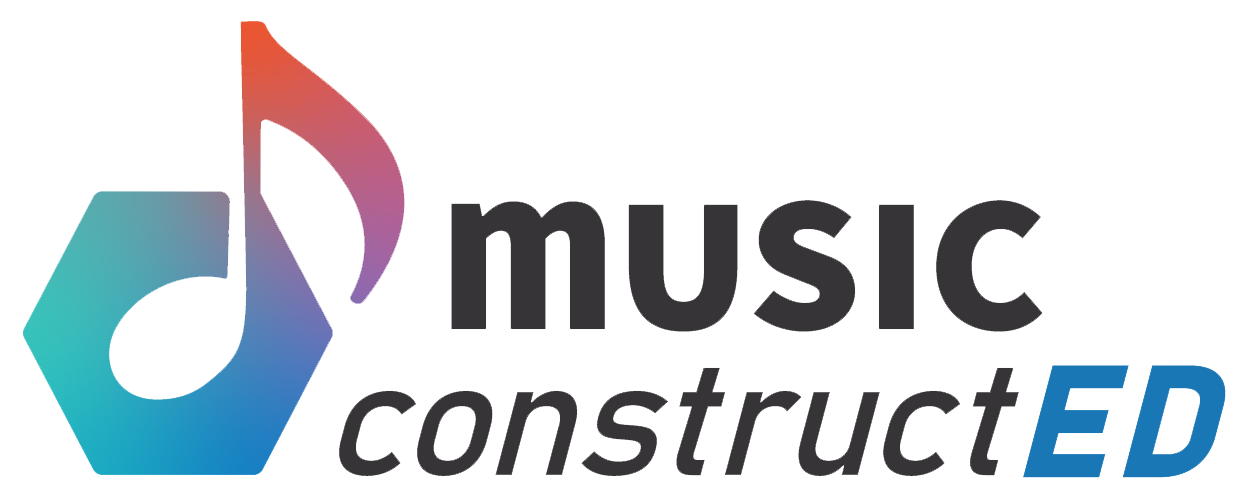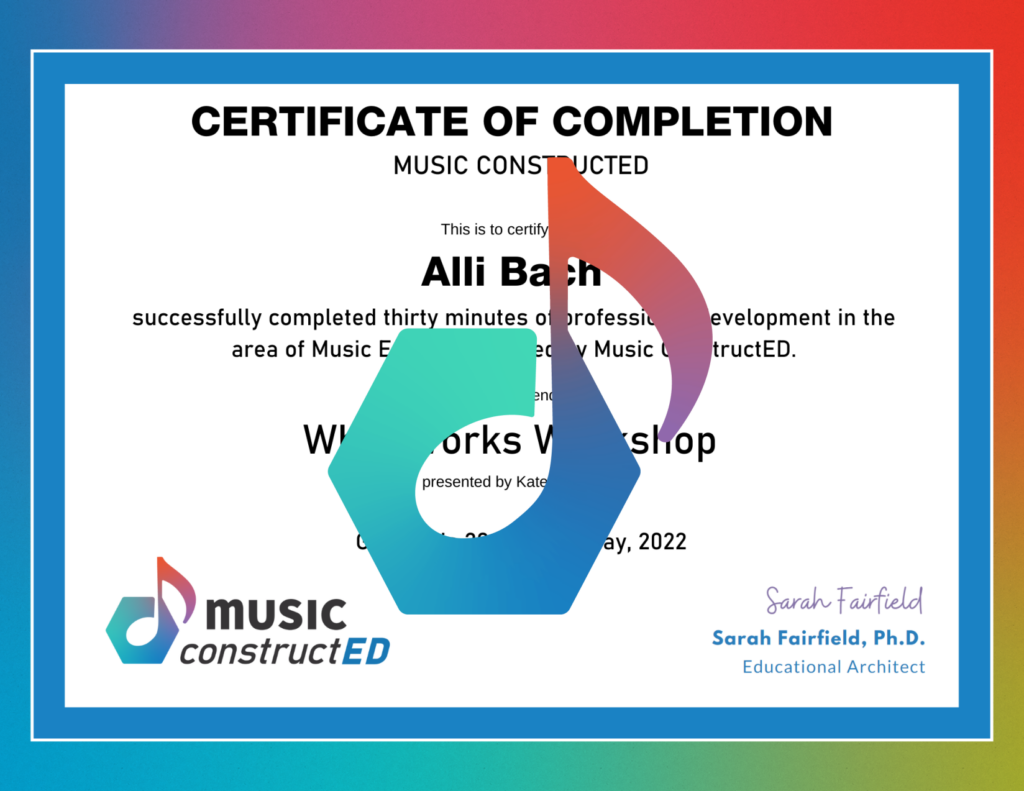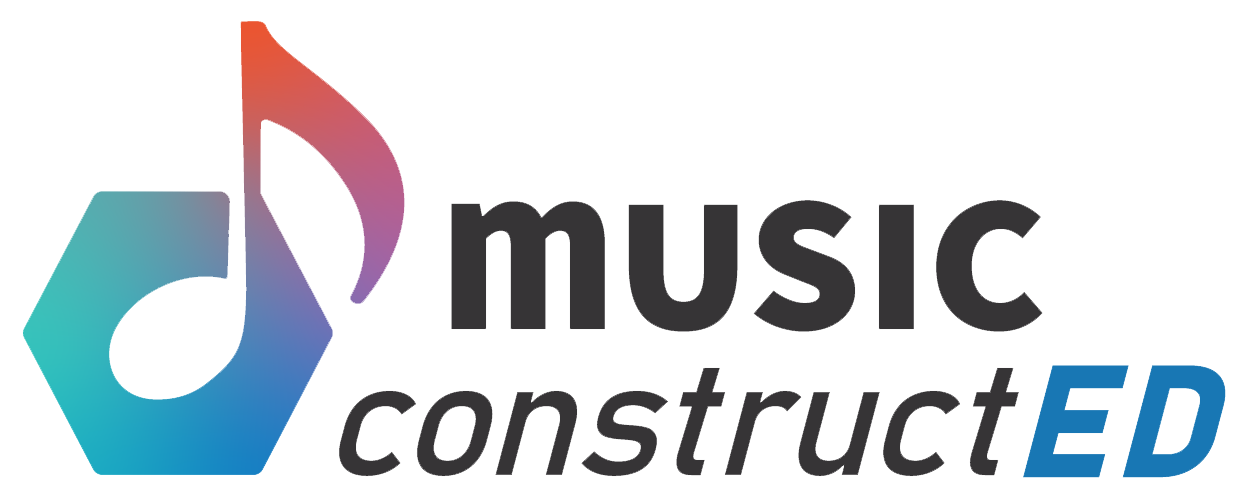 Understanding Neurodiverse Learners
Understanding Neurodiverse Learners
$20 | 90 min
SKU: MMPM-ODPDS
Summary
“Making the Most of the Power of Music” will provide evidence-based support for music and learning for all students in the classroom setting. Participants will engage in active learning based experiences to support current knowledge and gain new information on how and why music is a powerful tool for learning. Incorporating scientific evidence into the classroom will provide the tools needed to support your work and the need for music programming in the schools.
This professional development is the second course of the music therapy collection.
The course "Principles and Effects of Music on the Brain" explores the role of music in education and therapy, emphasizing its theoretical and philosophical principles and its impact on the brain. Participants will examine music as a universal aspect of human behavior that influences individuals physically, emotionally, cognitively, and socially. Key concepts include the integration of music therapy and education, the multi-sensory effects of music on learning, and its ability to enhance cognitive and emotional development. The course also goes into neuroscience, revealing how music activates various brain regions, facilitating memory, motor skills, and emotional responses, and fostering connections among diverse learners.
Objectives
By the end of the course, participants will be able to:
- Understand the integration of music therapy and education to support diverse learners.
- Recognize music's multi-dimensional effects on physical, cognitive, and emotional responses.
- Explore how music enhances social interaction and community in educational settings.
- Apply insights from neuroscience to improve teaching practices.
- Investigate practical applications of music to enhance student engagement and learning outcomes.
The course will employ a mix of lectures, demonstrations, and interactive applications to facilitate learning.
"Hello! My name is Melissa Reinhardt and I am a board certified music therapist. I am here to let you know about a new course offered by MusicConstructED called “Making the Most of the Power of Music.” I am very excited to be offering this course and I hope you will join me as we learn about the how’s and why’s of the power of music. With over a 30 year career in music therapy, I will be sharing my knowledge with you in 3 main sections: Music Therapy and Music Education, The Power of Music and finally, the application of the power of music. In the application portion of this course, I will be sharing information specific to neurodiverse learners. I hope that you will join me!"
Here is the class outline:
Course IntroductionMeet your instructor Melissa Reinhardt and discover what you'll learn about music's theoretical foundations and brain science in this course. 2 sections
|
||
|
Theoretical and Philosophical Principles of MusicExplore the foundational principles that explain why music is such a powerful tool for learning and how it affects humans in multiple ways—physically, emotionally, cognitively, and socially. 6 sections
|
||||||
|
How Music Affects the BrainDiscover the neuroscience behind music's power by understanding which brain areas are activated and how music supports learning across multiple domains. 5 sections
|
|||||
|
ConclusionComplete your learning journey by demonstrating your understanding of music's theoretical principles and brain effects, and discover what's ahead in your continued exploration of music's power. 4 sections
|
||||
|
Completion
The following certificates are awarded when the class is completed:
 |
Music ConstructED 90-minute PD Certificate of Completion |





